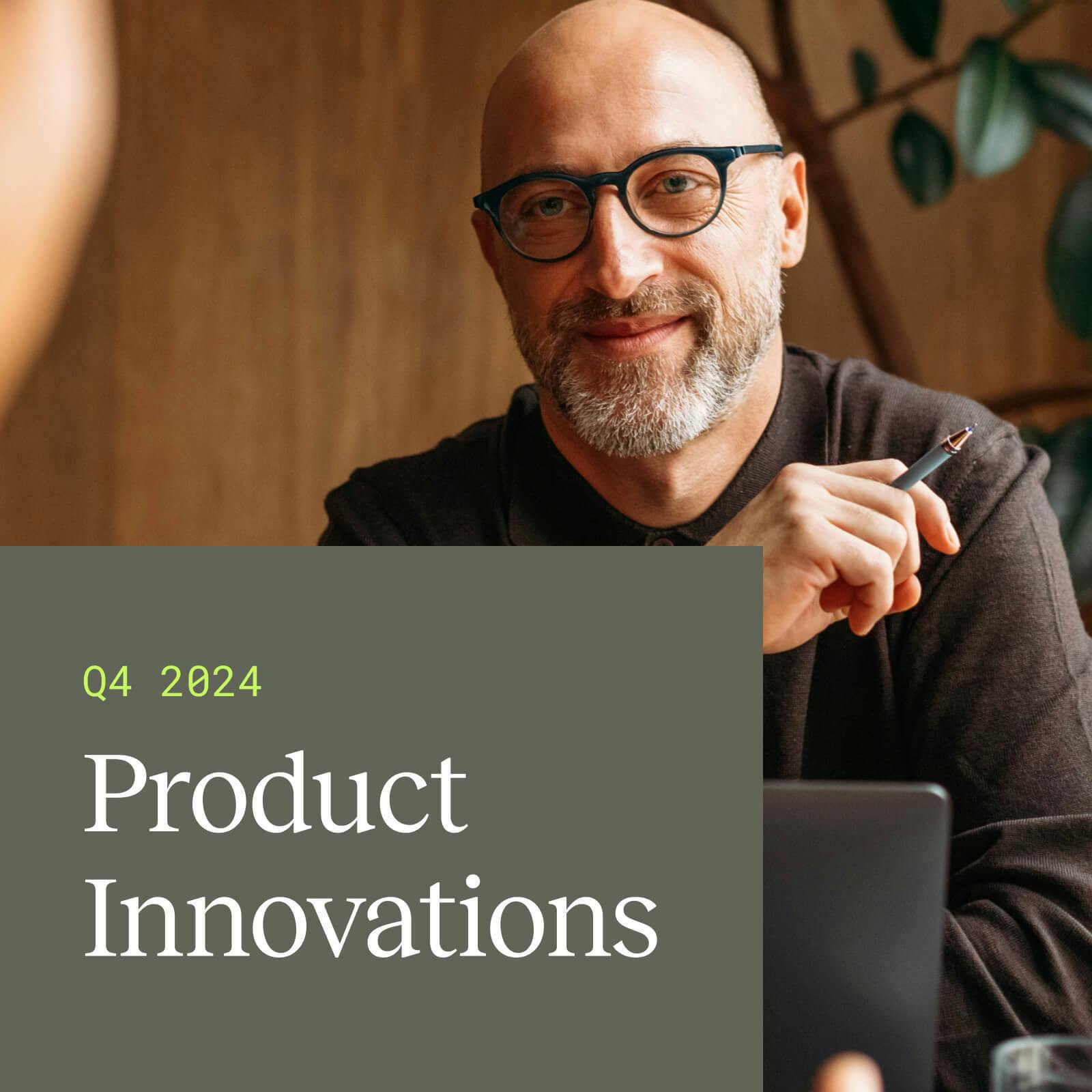mParticle now supports Roku
mParticle has introduced support for Roku to help collate customer data

mParticle has announced the launch of an open source software development kit (SDK) for apps running on the Roku's streaming TV platform, which will help support data collection within the native Roku apps. Owing to this new launch, media organizations can easily record granular content consumption and the pattern of user behavior with the help of a flexible SDK. The data that is collected from the apps can be integrated with the available customer data and connected to over 100 platforms via a unified and safe API.
In an official release, the CEO and founder of the company Michael Katz said, “Over the past few years, we have seen a massive change in how people consume content, shifting engagement not only from web to mobile, but also from linear TV to OTT.” He also added that this release will help extend the modern data infrastructure to integrating user data across all mediums.
mParticle's platform is largely used by leading media companies and marketing organizations to integrate data across diverse screens and eventually simplify the process of fusing it with marketing and analytics tools. With the help of this newly launched SDK, clients can collect first-party data from the app very easily in a few minutes. This can be mapped to the customer data and forwarded to the analytics team to build targeting lists and connect to over 30 different advertising platforms.
The new platform by mParticle will engage better user analytics, improve monetization by increasing the yield and help in data unification. Also, it will lead to improved cross-channel engagement as it can promote content based on past history.


